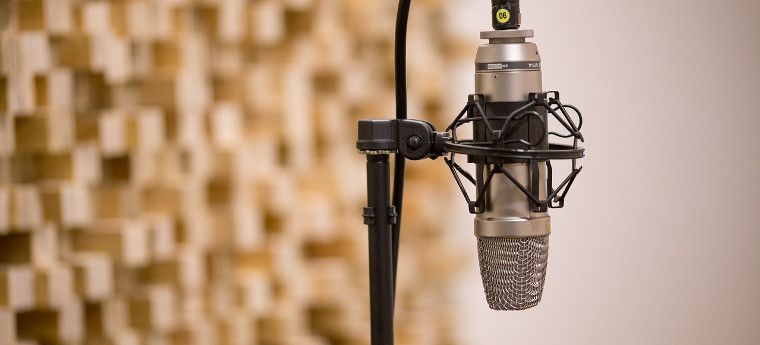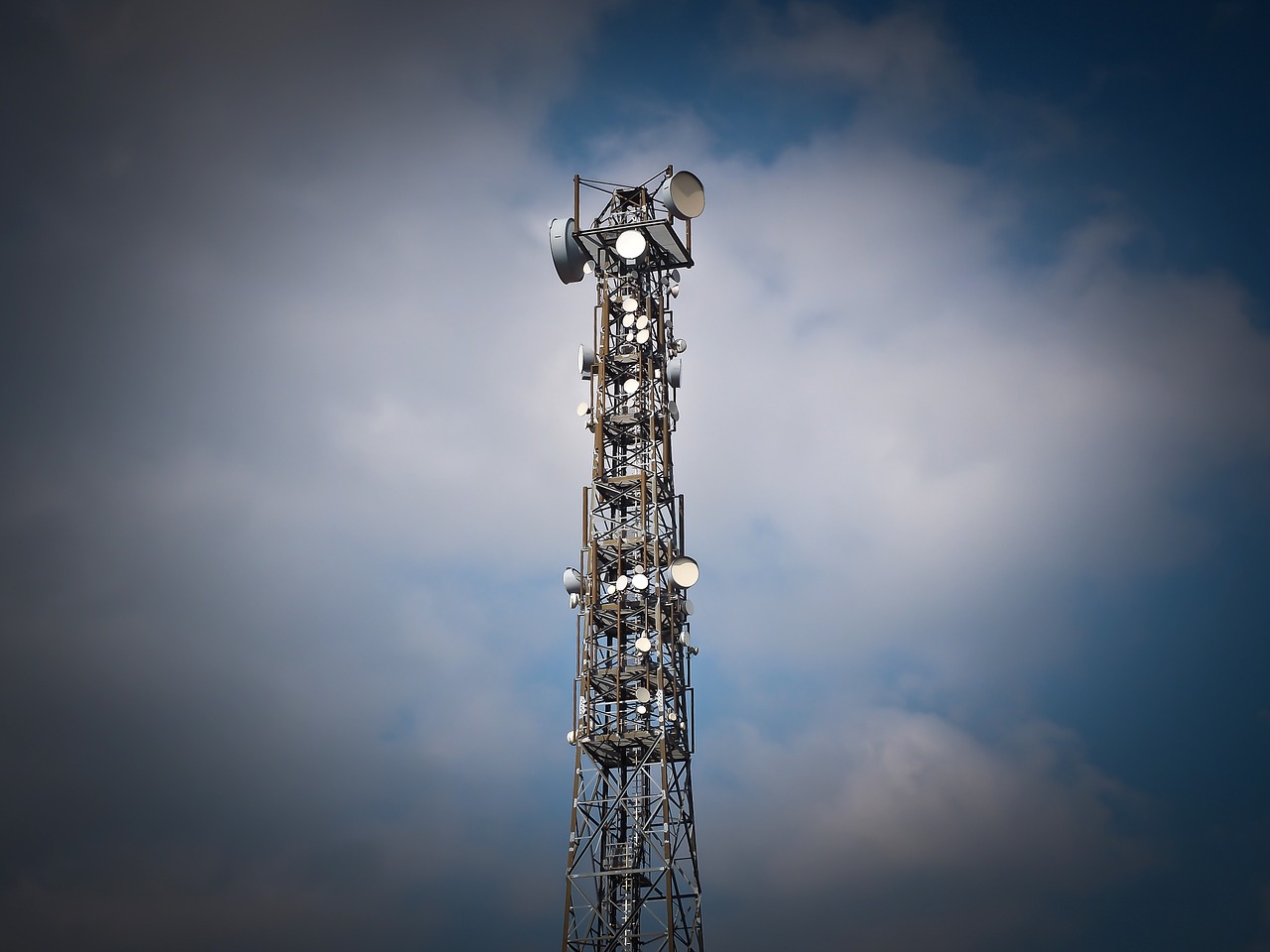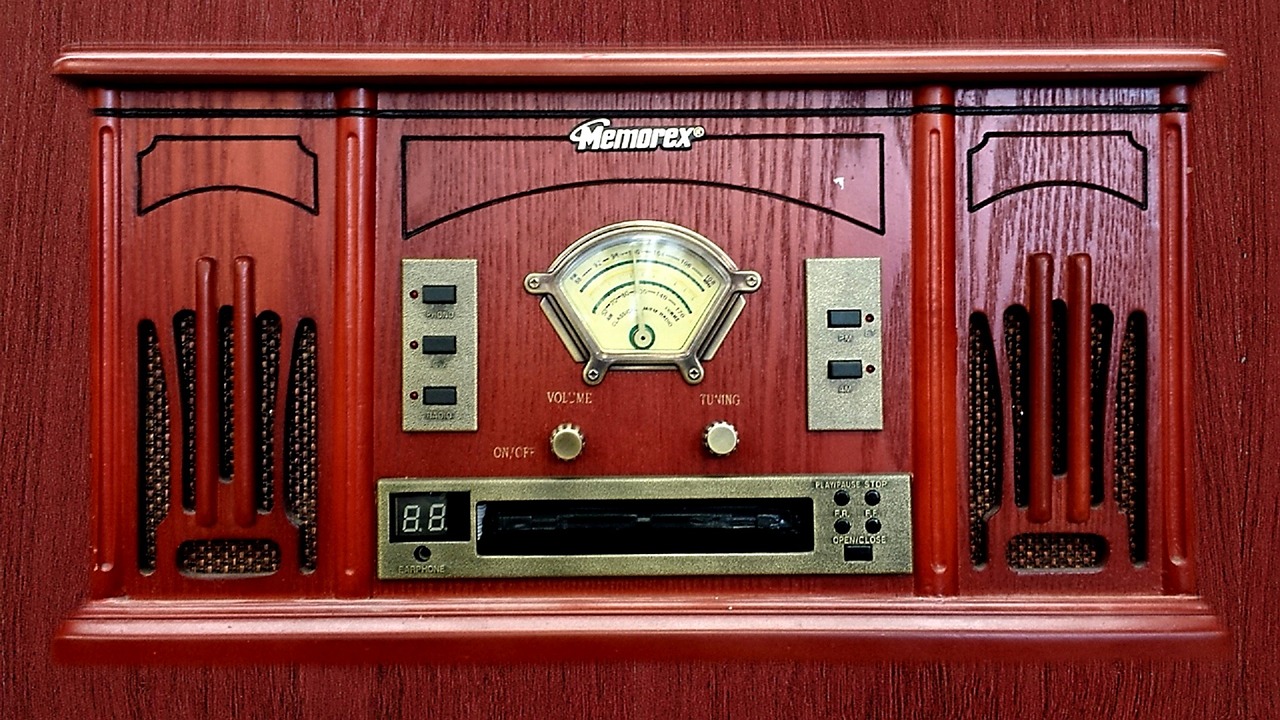Success in advertising is hard-fought and never guaranteed. The businessman John Wanamaker once said, “Half the money I spend on advertising is wasted; the trouble is, I don’t know which half.”
The truth is, sometimes you need to try a bit of everything.

Radio can be part of a solid marketing strategy. Here are a few reasons why:
It’s a myth that people don’t listen to the radio anymore. According to Pew Research Center, 83 percent of Americans regularly tune in to at least one FM or AM station as of 2020. Even the younger generation will forego their streaming apps to sample what the disc jockey has on tap.
According to Nielsen’s Total Audience Report, the return on advertising generated $28.82, which is twice what TV generated ($13.51). As radio advertising expert Matt Senne explained, “No other medium can reach such a broad cross-section of potential customers.”
Other favorable attributes of advertising on the radio include repetition and a relatively long exposure time. Combine that with the fact that production costs for a radio ad campaign are affordable, and it makes sense to get your message out over the airwaves. Radio ads cost about $200 to $5,000 per week, depending on your location. Production costs range from $1,000 to $2,500 on average, depending on the length, usage of sound effects, etc.
New York has by far the most expensive radio commercial cost, approximately $1,405 for a 30 spot, while in Topeka, Kansas, for example, the fee is just $25. A “30 spot” is 30 seconds of airtime. A “60 spot” is 60 seconds. Your initial ad campaign should have 20 spots in its first week to score greater radio advertising effectiveness.
Radio stations determine the price of an ad based on several factors:
Is it possible to negotiate a more convenient deal for radio advertising? Absolutely yes! Bargaining in the radio industry is always worth a try. You can expect to decrease the price of the initial offer down to 20% to 40% if you negotiate cleverly. There are some tips and tricks on how to score better deals with the stations. For example, many radio stations offer reduced prices for higher ad frequencies or for reserving an ad spot much in advance. While radio advertising may not be the most expensive type of advertising, some companies may still struggle to pay the required costs to spread their message across.
Like any other marketing campaign, there are plenty of ways to find funding for radio advertisements. Crowdfunding is always a good option. You may target angel investors if you have a startup that will help with your marketing campaign and assist in taking your business off the ground. Many small business grants are also available for entrepreneurs who can use them for radio advertising purposes. The required amount of funding for a radio advert is not too much in most cases.

Picking the right stations for radio advertising requires more meticulous research than you imagine. Of course, you should first compare your budget and the offered prices to see if you can pull off your desired ad. But you should do a deep cost-benefit analysis to see if your spending increases your customer base and income. Find out the main demographics of who your customers are and when they are usually in their cars bumping their favorite music on the radio. Then, find the radio stations that target those customers specifically.
Here is a diverse list of some types of radio stations aimed at different customer segments:
|
Type of Station |
Largest Number of Listeners (by Age) |
Most Popular Hours |
|
Top 40 |
16 - 35 year olds |
Peak Time |
|
Alternative |
16 - 35 year olds |
Peak Time |
|
Classical |
55+ year olds |
Day / Evening |
|
Contemporary |
25 - 65 year olds |
Day / Evening |
|
News |
55+ year olds |
Peak Time |
|
Oldies |
40+ year olds |
Day / Evening |
|
Rock |
25 - 65 year olds |
Peak Time / Evening |
Creating a successful radio ad campaign is hard work. It’s even harder when you don’t know what you are doing. Here are some best practices to make sure you’re putting all that effort where it belongs:
If you don’t have experience with this type of marketing, it would be smart to hire a consultant or use a marketing agency. Be careful, though. Some of these organizations work directly with the radio companies, and their focus is less on getting you a great rate and more on lining the pockets of the radio station executives. You want to hire someone who’s on your side.
I have a friend who owns a restaurant. He decided to purchase a billboard ad next to the freeway just outside of town.
Weeks went by, and he didn’t see an increase in customers. He was about to cancel the billboard when a customer finally came in saying that they had to try the big, juicy hamburger they’d seen in the picture.
“When I saw that burger, I just had to turn around and come back into town.”
His ad was on the wrong billboard. He was advertising to people leaving the city. He called up the billboard company, and they put his ad where it was supposed to be. Almost immediately, he enjoyed a significant uptick in diners.
Anyway, that’s a lot of words to make the obvious point that bad advertising doesn’t work.
That last point deserves particular attention: do not go against any advertising regulations in your area. It would be smart to have a compliance specialist listen to your ad before it airs. Also, ask the radio station what their rules are on reusing your ads on other stations. Most stations are okay with this, but it’s worth asking just in case.

Hopefully, your first campaign is profitable. Either way, there will be room for improvement. Like:
Try adding sound effects and music to your commercial. A catchy jingle can make a big difference.
If you hit your stride recording the radio ad, then you try getting your voice out there in other ways. A podcast is a powerful way to reach an audience. The tricky part is building up that audience. You will need to find your niche and then get them to notice you. This can be expensive, and there is a very good chance it will never pan out.
Radio advertising might sound a little old-fashioned at first, but it is a cost-effective way to get your message out there. Speaking of your message, one last point that we can’t stress enough: every single radio advertisement you make must include a strong, clear, and concise call to action. You should always invite your customers to do something. Preferably something that makes you money.